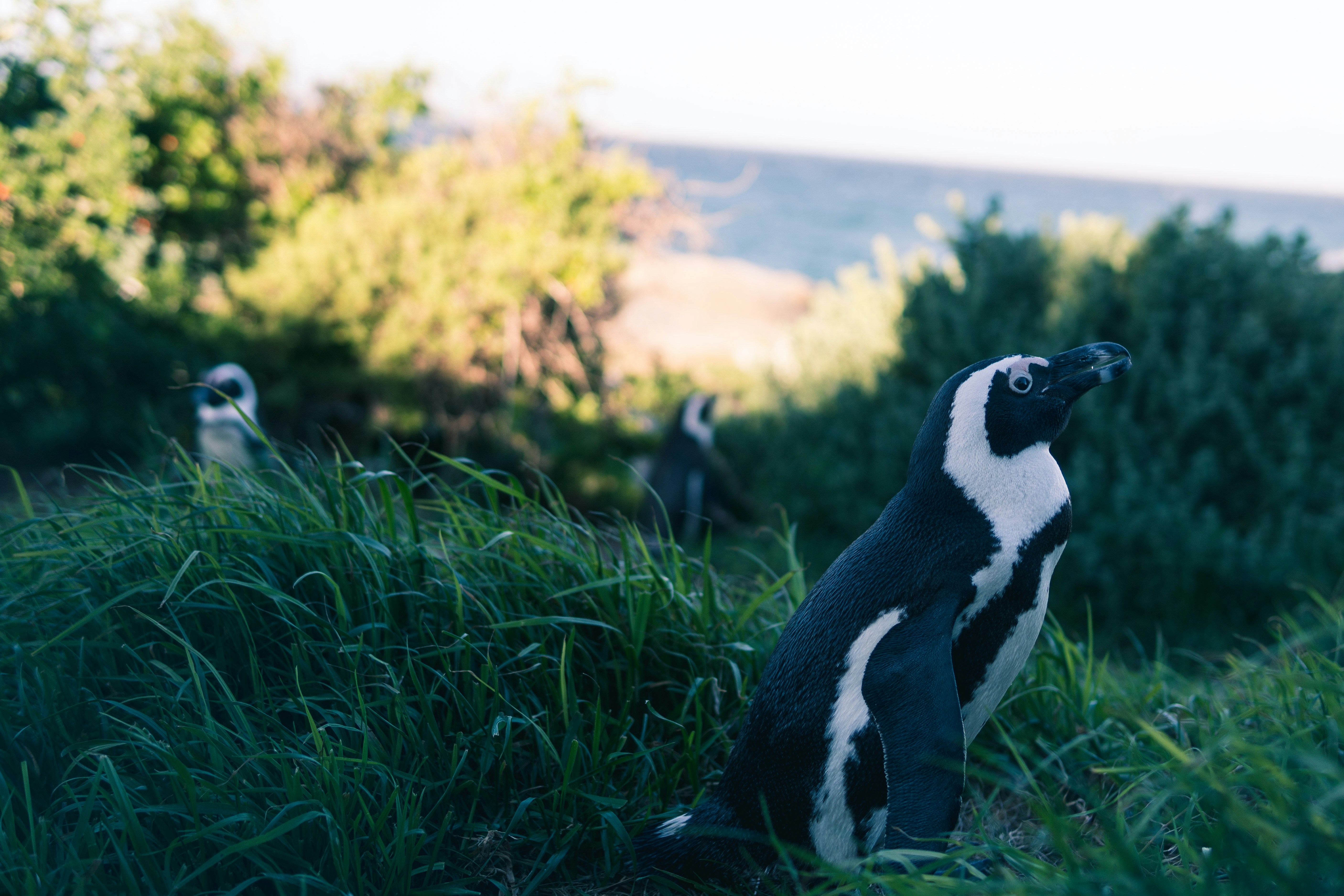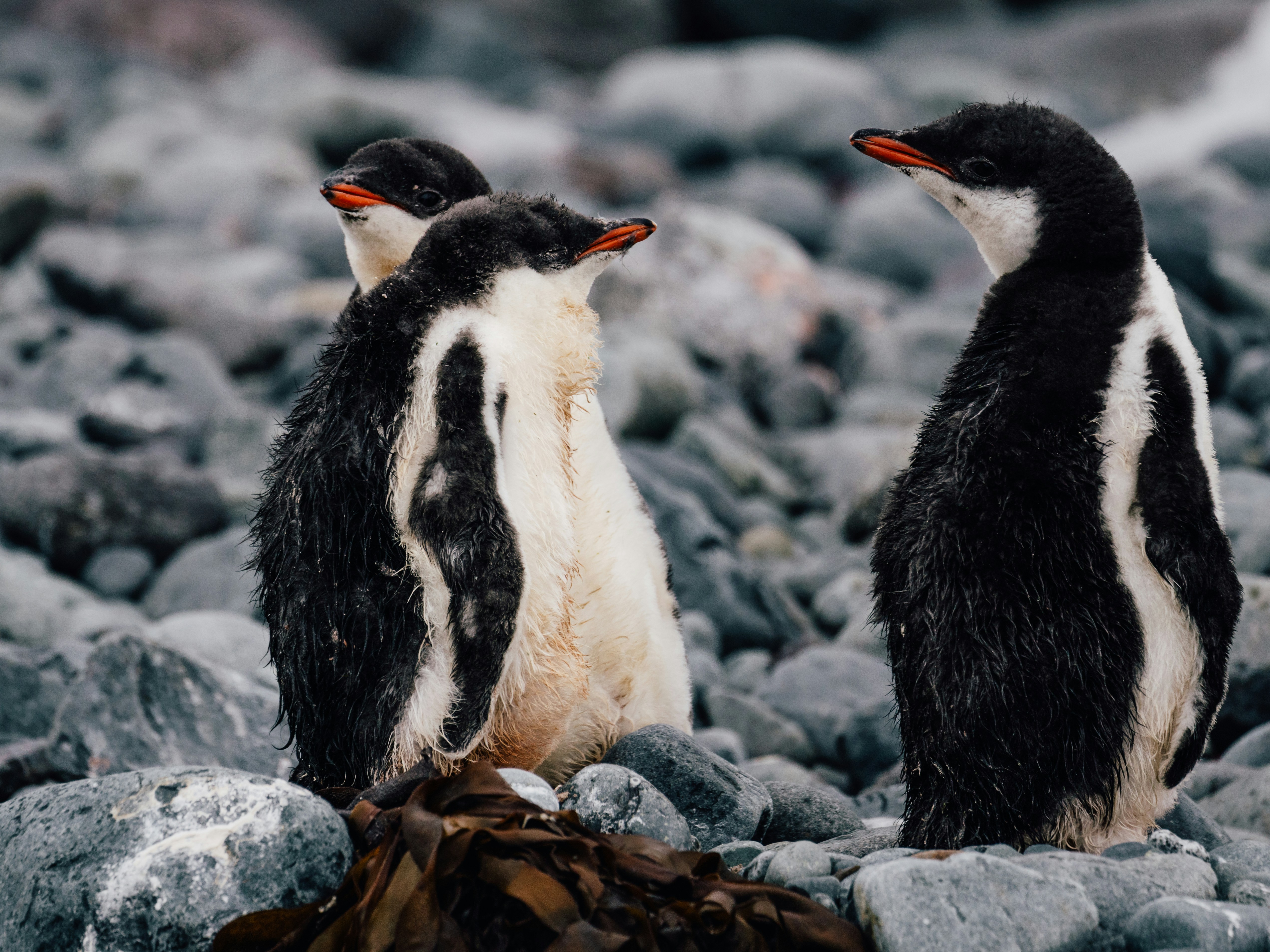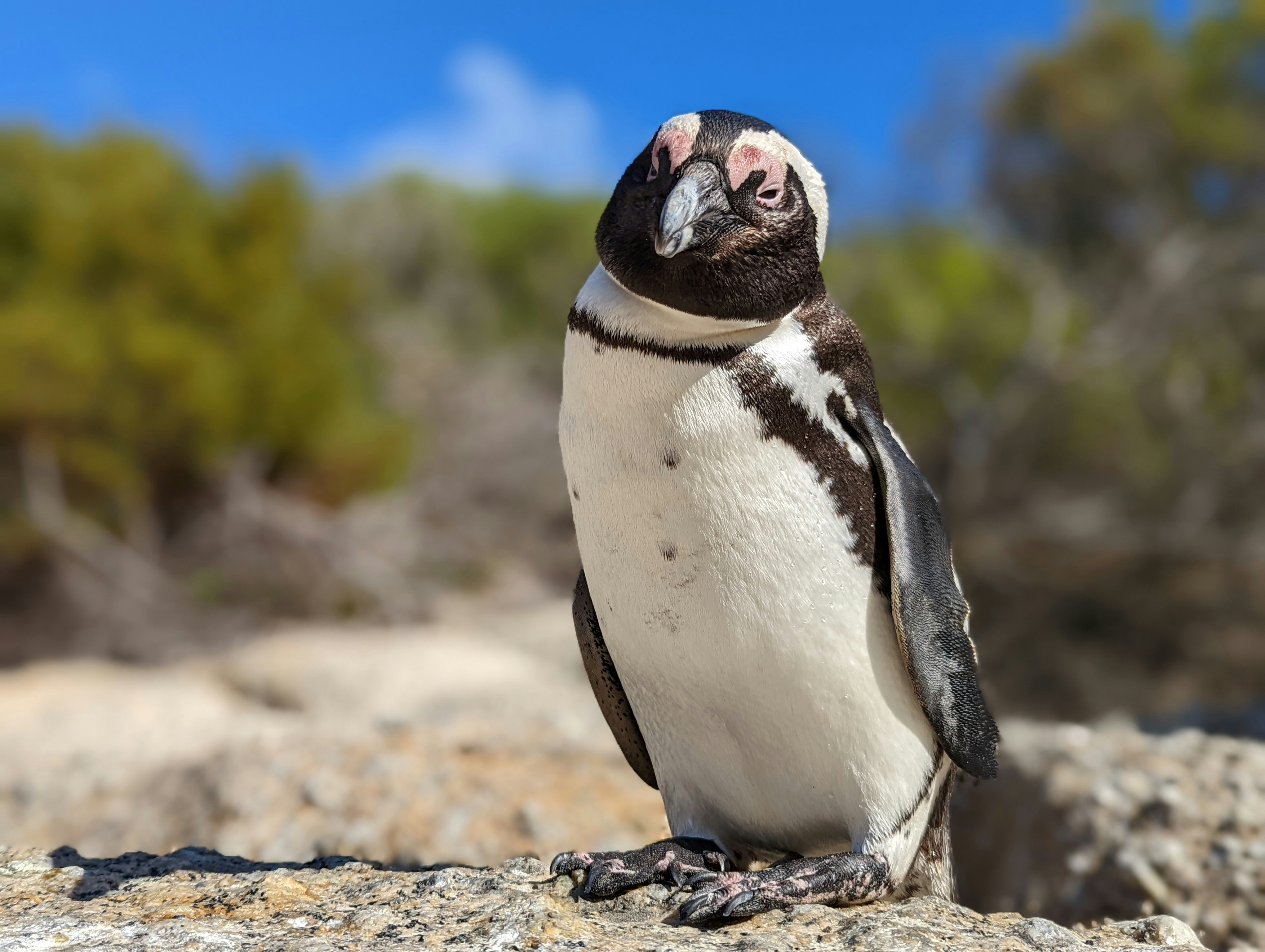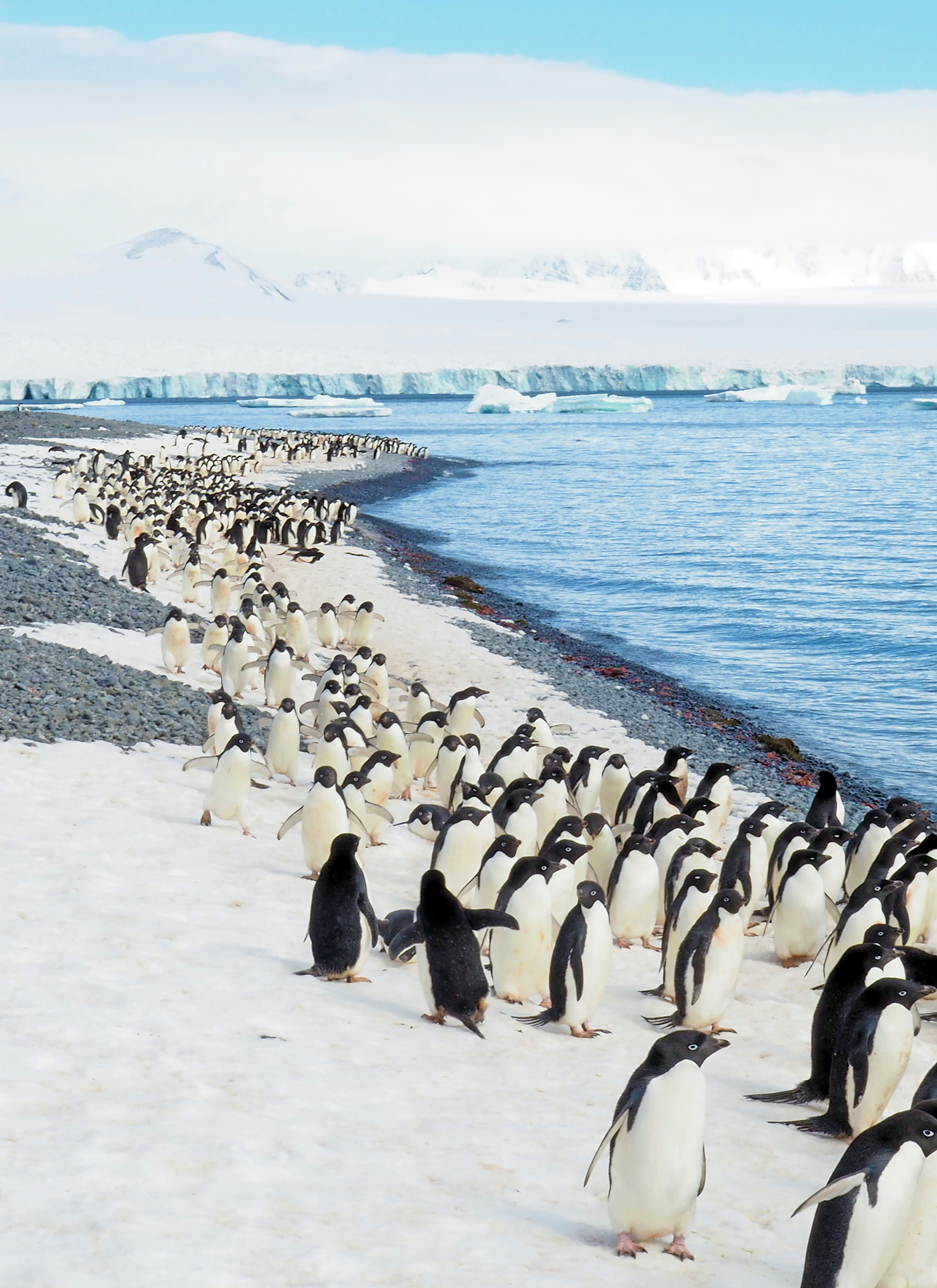


It’s that time of year again!
Our members are eager to participate in webinars and events that bring the conservation community together to discuss important developments in our field. With that in mind, I thought it would be helpful to share a few personal lessons I’ve learned about organising and managing events. Hopefully, these insights can save time and help us avoid reinventing the wheel. Even writing it all down for myself has streamlined my internal process, so I encourage you to share your tips in the comments below—or even better, create and share your own post! Here’s what I’ve learned so far (but I’m learning more every day):
Pre-Event Preparations: Boosting Your Impact and Reach
Once you’ve settled on a topic that resonates with your audience (something tied to a practical, work-related need), the next step is inviting experts to participate as speakers, panellists, or collaborators.
Finding Speakers: Start by entering your event topic into the search bar on the WildHub site. Click on “People,” and you’ll find a list of members who have this topic in their profile (e.g., job position, organisation, or description). You might find their contact details in their profile, but if not, feel free to send a direct message. Explain your event and why you believe their input could be valuable to your audience.
Promoting Your Event: To maximise reach, promote your event at least two weeks in advance. Ideally, start six weeks ahead, with reminder posts every two weeks to ensure people keep the time and date free.
 |
By regularly reminding people about your event and providing clear details on where they need to be, you can ensure everyone knows exactly where to go on the day of the event |
Coordinating with Your Event Team: Before you begin promoting, connect with your event team (e.g., panellists, presenters). Make sure they’re invited to WildHub (if they aren’t already members) so you can tag them in the post-event discussion and add them as contributors (e.g. to recordings). This creates engagement and advocacy after the event. Also, add them to the social media channels you’ll use to promote the event.
Master Presentation Tip: If you’re hosting a panel where each panellist presents briefly (e.g. under 10 minutes), consider creating a master PowerPoint that the moderator can present. This helps maintain flow and continuity (example here).
Creating Pre-Event Engagement
Engage your audience before the event by creating a space where participants can submit questions in advance. A Q&A can begin early if your panellists or presenters post introductions about their background and work in this space, allowing members to ask questions under their posts.
A great way to engage conservationists, especially those early in their careers, is to provide a space for them to submit questions to your expert speakers before the event |
 |
Essential Measures for a Smooth Event
To ensure your event runs smoothly—especially online—having safety and organisational measures in place is crucial.
-
Use a Sign-Up Form: Instead of sharing a direct meeting link, use a sign-up form. This allows you to filter out participants who may not fit your audience.
-
Enable a Waiting Room: This helps you manage who enters the event and ensures the session begins smoothly.
-
Mute Participants Upon Entry: Set the meeting so everyone is muted on arrival and unable to unmute themselves. Some worry this reduces interaction, but in my experience, background noise from unmuted participants can be highly disruptive. Encourage the audience to ask questions via the chat (or write them down for in-person events), and use the “raise hand” feature for those who wish to be unmuted and ask their questions directly during the Q&A.
Additionally, assign a Q&A lead. While the moderator welcomes participants and shares schedule updates, the Q&A lead can monitor the chat, gather questions, and manage the waiting room.
Post-Event Engagement: Keeping the Conversation Alive
Once your event concludes, how do you keep the conversation going? With limited time to attend events, continuing the exchange of knowledge and ideas is essential. Here’s how to foster ongoing engagement:
Create a Space for Continued Discussion: Events often build a sense of community and connection. Your audience is now familiar with the speakers and event team, and they may be eager to learn more. Make sure you’ve set up a space—like our own WildHub—where these valuable conversations can continue. If you’ve engaged your team to share updates, speaker bios, and audience questions pre-event, use that same space to publish the event recording or a summary (e.g., key points and highlights). Tag attendees who had follow-up questions to encourage them to continue the discussion with speakers.
Start Post-Event Engagement Early: Don’t wait too long! Build on the momentum by starting post-event conversations the day after the event. Use the opportunity to keep participants engaged and the discussion lively.
 |
By initiating post-event engagement early, you can ensure participants use the event's momentum and remain actively engaged without falling asleep :) |
Shortcuts to Engagement
While event recordings are great, not everyone has an hour or more to watch them. To accommodate this, provide a detailed outline with timestamps highlighting key moments and quotes from the event. This allows people to quickly find the parts that interest them most. You can see an example of this from the Kang4Nature event here.
With these tips, you’ll be better equipped to organise impactful and engaging events for your community. Happy organising!
With these tips, participants will be lined up to join your event! I invite you to share your own tips or questions about organising (online) community events in the comments below, so we can continue learning from one another. |
 |






Please sign in or register for FREE
If you are a registered user on WildHub, please sign in